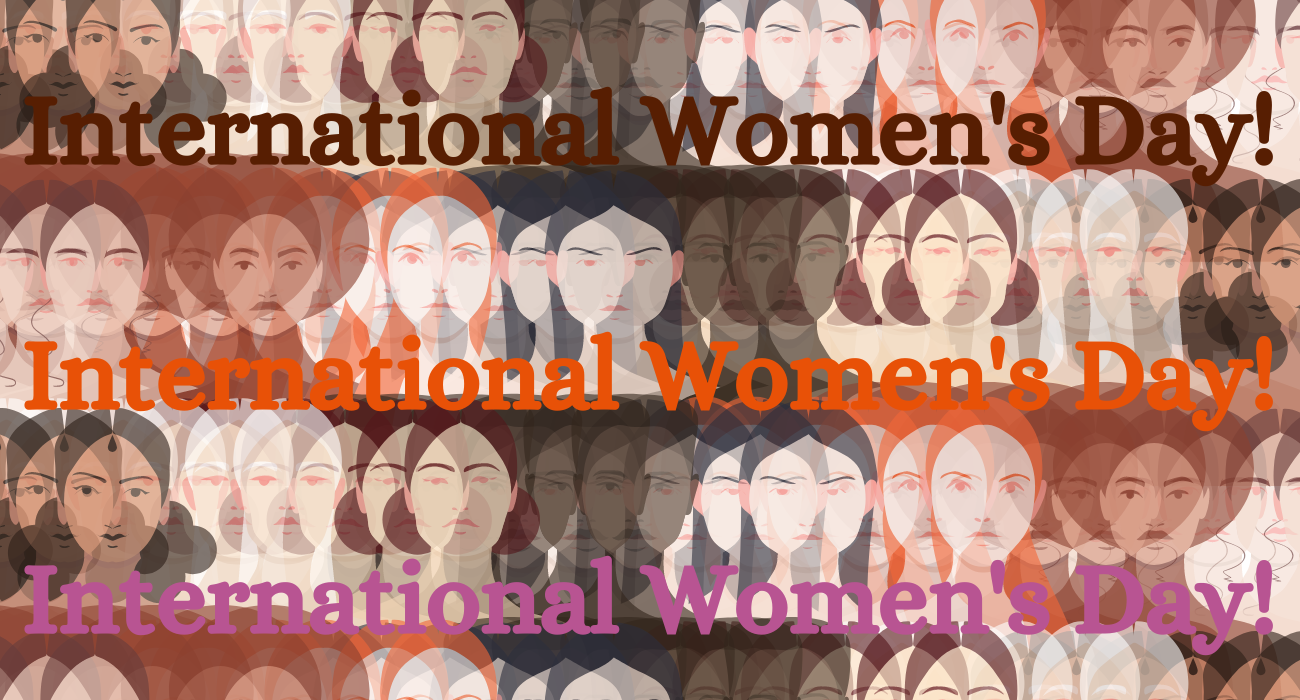
The 81st Nevada Legislature adjourned on June 1. Here, we look back at the progress of legislation in the 2021 session pertaining to human trafficking. For those advocating for stronger protections for victims and harsher penalties for those who illicitly purchase sex in our community, the session was largely viewed as a success.
Several pieces of legislation cleared both the Assembly and Senate and were signed into law by Governor Sisolak. Let’s take a closer look at those.
AB64
AB64, whose primary sponsor was the Assembly Committee on Judiciary, has to do with the commission of various crimes, among them the solicitation of prostitution from a minor. Essentially, this bill allows the state to prosecute individuals who solicit persons who are assisting law enforcement by posing as a child.
From the bill (bolding ours; the bolded text is proposed change to existing statute):
Existing law provides that a person is guilty of soliciting a child for prostitution if the person solicits: (1) a peace officer posing as a child; or (2) a person assisting a peace officer by posing as a child. (NRS 201.354)
Section 3 of this bill provides that a person is guilty of soliciting a child for prostitution if the person solicits: (1) a child; (2) a peace officer who is posing as a child; or (3) a person who is assisting in an investigation on behalf of a peace officer by posing as a child.
AB64 has been approved by the governor and will go into effect on October 1, 2021.
AB113
AB113 is an important piece of legislation for our state, as it proposed extending the statute of limitations for sex trafficking prosecutions. Presently, the statute of limitations for such crimes in Nevada is four years; this bill originally proposed lengthening that time to 20 years. This was later amended to advance a six-year statute of limitations on the crime of sex trafficking.
It is worth noting that Shared Hope, an international anti-trafficking organization that issues grades to states based on the strength of their laws combatting human trafficking, awarded Nevada an A grade in 2019. However, our statute of limitations for the crime of sex trafficking is among the shortest in the nation.
The primary sponsors of the bill were:
- Assemblywoman Melissa Hardy
- Assemblyman Jim Wheeler
- Assemblywoman Heidi Kasama
- Assemblyman Gregory Hafen
- Assemblywoman Lisa Krasner
- Senator Carrie Buck
- Senator Scott Hammond
- Senator Joseph Hardy
- Senator Keith Pickard
There were also 24 co-sponsors for AB113.
AB113 passed and went into effect on July 1, 2021.
AB143
AB143, whose primary sponsors were Assemblywoman Lisa Krasner, Senator Pat Spearman, and Senator James Settelmayer, sought to establish a statewide task force aimed at combatting human trafficking. Currently, Northern Nevada and Southern Nevada maintain distinct task forces.
AB143 passed both the Assembly and the Senate and will go into effect on October 1, 2021.
AB182
Assemblywoman Jill Tolles’ AB182 sought to criminally penalize commercial property owners in the state who knowingly permit illegal prostitution to take place on their premises after a series of warnings issued by law enforcement. This legislation is aimed at businesses such as nail salons and massage parlors that serve as “fronts” for illegal prostitution businesses that may harbor trafficked individuals.
Other primary sponsors of AB182 included Assemblyman Tom Roberts, Assemblywoman Melissa Hardy, Assemblyman Steve Yeager, Assemblyman Philip P.K. O’Neill, and Senator Keith Pickard.
AB182 cleared the session and will go into effect on October 1, 2021.
AB401
AB401, sponsored by the Assembly Committee on Judiciary, pertains to the sealing or expungement of criminal records. AB401 directs lawmakers to convene a committee to study criminal records, as it pertains to expungement or sealing of records.
From the proposed legislation:
The study must include, without limitation:
(a) An evaluation of:
(1) The types of records of criminal history currently eligible for sealing in this State;
(2) The current procedures in this State relating to petitioning for the sealing of records of criminal history, including, without limitation, any requirement for:
(I) An offender to wait a certain period of time from the
date of his or her release from custody or discharge from parole or probation before filing such a petition;
(II) An offender to reach a certain age before filing the petition; and
(III) The petition to include supporting documents or records;
(3) The persons and entities currently involved in the sealing of records of criminal history in this State;
(4) The internal processes used by the persons and entities described
in subparagraph (3) to seal records of criminal history;
(5) The deadlines currently imposed on the persons and
entities described in subparagraph (3) for the sealing of records of criminal history;
(6) The current authority of the persons and entities
described in subparagraph (3) to charge fees for the sealing of
records of criminal history and the amount of fees charged by the persons or entities;
(7) The applicability of the current procedures in this State for the sealing of records of criminal history to records which are posted on Internet websites, social media or otherwise possessed by third parties; and
(8) The systems and procedures used by other states to seal or expunge records of criminal history.
AB401 had several hearings during the session but failed to come to a vote.
SB45
SB45, a bill brought forward by Attorney General Aaron Ford’s office and sponsored by the Senate Committee on Government Affairs, created language adding sexual assault and human trafficking to the duties of the Office of the Ombudsman for Domestic Violence. Under SB45, the name of this office would become the Office of the Ombudsman for Domestic Violence, Sexual Assault, and Human Trafficking.
SB45 has passed both chambers of the legislature and will take effect on October 1, 2021.
SB164
SB164, primarily sponsored by Senator Melanie Scheible, Senator Dallas Harris, Senator James Ohrenschall, and Assemblywoman Rochelle Nguyen, provides that the Legislative Commission must form a committee to study the crime of sex trafficking. Originally this bill would have provided immunity from criminal charges for individuals asserting that they are victims of human trafficking, however, the legislation was amended after law enforcement objection.
SB164 passed both houses, was signed by the governor, and took effect on July 1, 2021.
SB274
SB274, sponsored by Senators Julia Ratti and Nicole Cannizzaro, concerns housing for CSEC – commercially sexually exploited children. This legislation requires that the state license receiving centers that can house minor victims of human trafficking once they are identified by law enforcement or other agencies.
A description from the bill:
AN ACT relating to child welfare; providing for the licensure of receiving centers for commercially sexually exploited children and the certification of certain other facilities and entities that provide services to such children; imposing certain requirements concerning the operation of a receiving center; revising the actions that an agency which provides child welfare services is required to take in response to a report of the commercial sexual exploitation of a child; delaying the effective date of provisions prohibiting the adjudication of a child as delinquent or the assignment of a child to a detention facility in certain circumstances; providing a penalty; and providing other matters properly relating thereto.
SB274 passed and was approved by Governor Sisolak. It has a staggered effective date, with some portions having gone into effect on June 4, 2021. Other provisions will be effective January 1, 2022, with section two going into effect on July 1, 2023.




